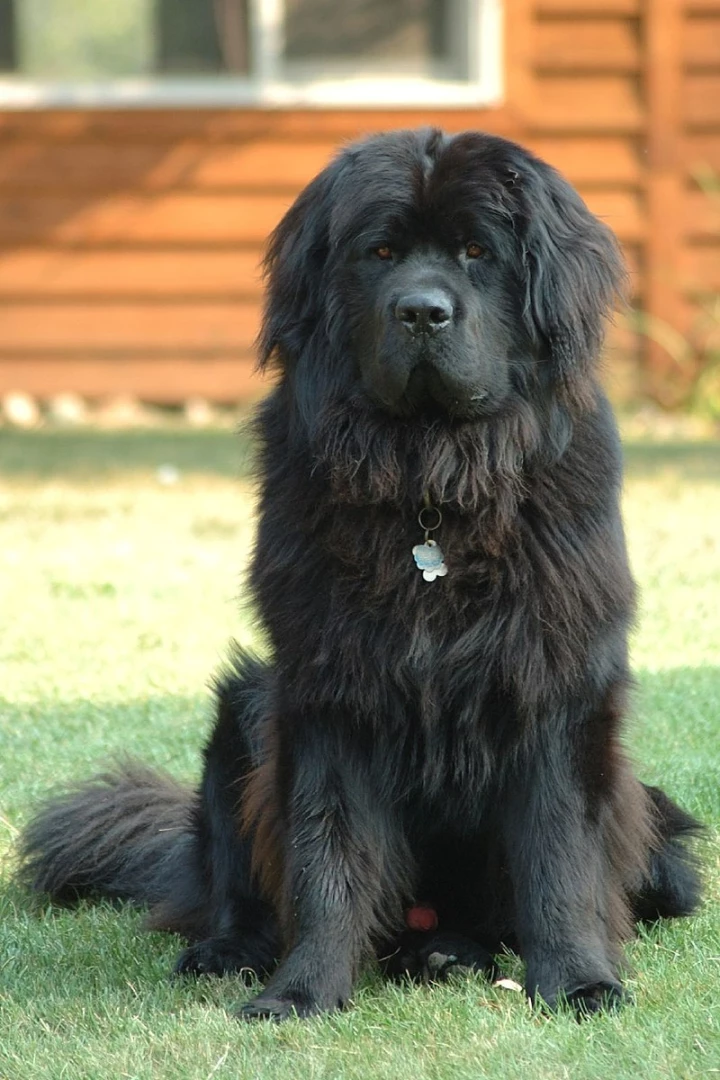
Newfoundland
About
The Newfoundland is a large, gentle giant known for its thick, water-resistant coat and powerful build. With a calm and friendly demeanor, this breed excels as a family companion and rescue dog. Its strength and love for water make it an excellent swimmer and a loyal, affectionate friend.
 Breed Size
Breed Size
-
Weight (Male)
59-68 kg
-
Weight (Female)
45-54 kg
-
Height (Male)
66-76 sm
-
Height (Female)
66-76 sm
 Coat
Coat
-
Fur Type
Double
-
Color
One color
 Care
Care
-
Walk
>30 minutes/day
-
Breed group
Working Group
-
Breed Size
XL
-
Demeanor category
Friendly
 Breed Traits
Breed Traits
-
Barking
-
Good with young children
-
Drooling
-
Energy level value
-
Grooming frequency value
-
Good with other dogs
-
Trainability
 Breeds Club Recognition
Breeds Club Recognition
-
Trainability Category
>Easy Training
-
Temperament
>Sweet, Patient, Devoted
